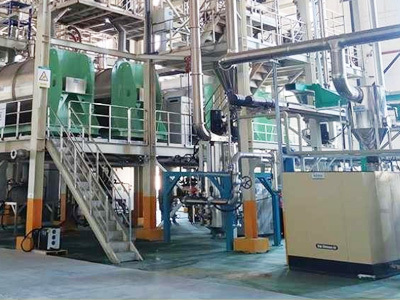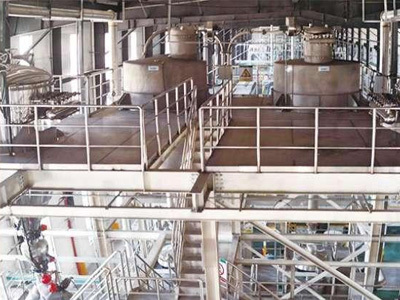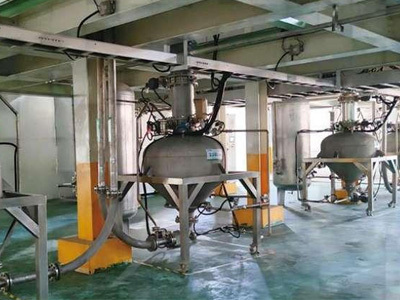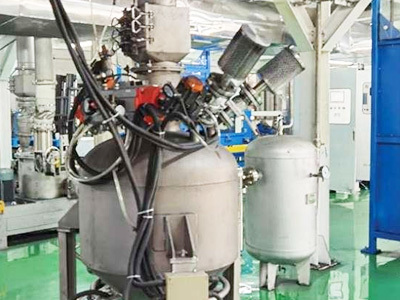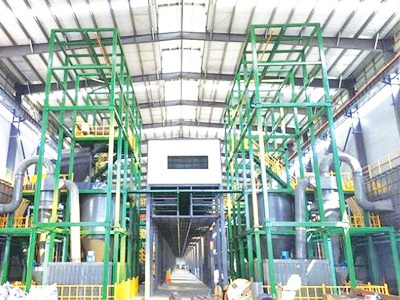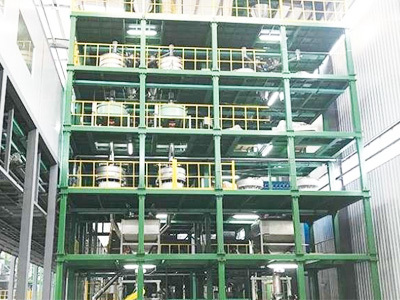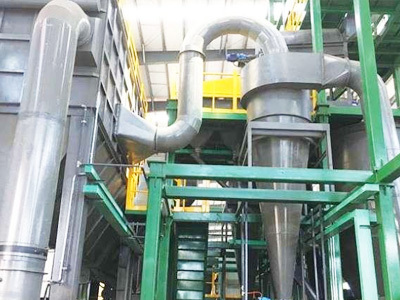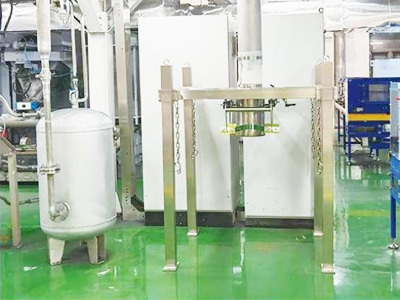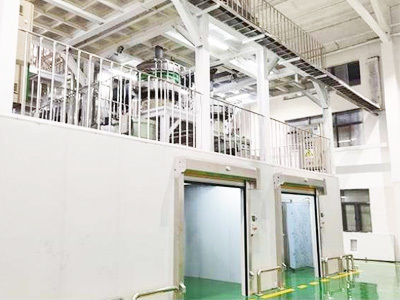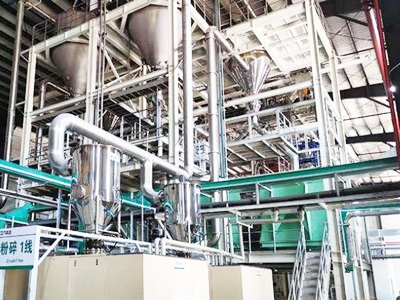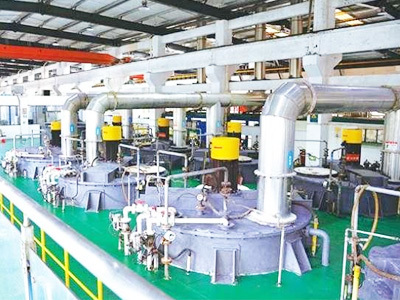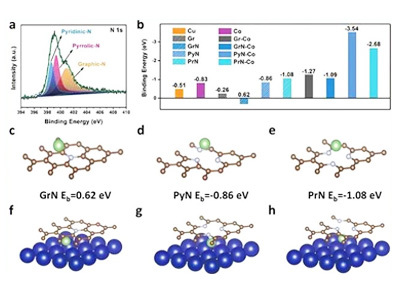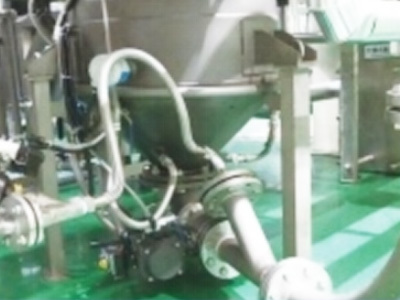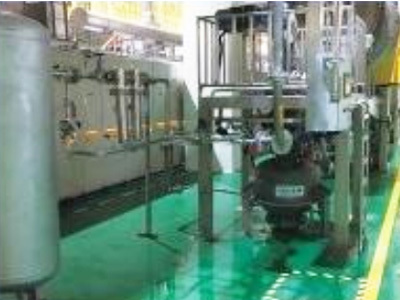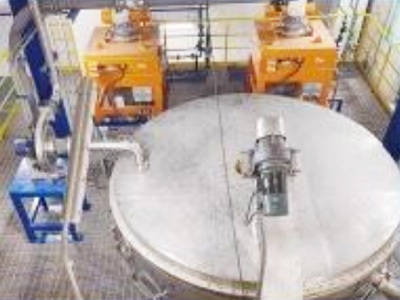Battery-grade lithium hydroxide can be obtained by removing impurities from lithium hydroxide solution through multiple recrystallizations or using special refining agents.
Battery-grade lithium hydroxide can be obtained by removing impurities from lithium hydroxide solution through multiple recrystallizations or using special refining agents.
Battery-grade lithium hydroxide can be obtained by removing impurities from lithium hydroxide solution through multiple recrystallizations or using special refining agents.
Battery-grade lithium hydroxide can be obtained by removing impurities from lithium hydroxide solution through multiple recrystallizations or using special refining agents.
Battery-grade lithium hydroxide can be obtained by removing impurities from lithium hydroxide solution through multiple recrystallizations or using special refining agents.
Negative electrode production line
Due to significant differences in charging methods, production processes, and auxiliary materials used for various furnace types, the quality of the negative electrode material produced also varies considerably.
Negative electrode production line
Due to significant differences in charging methods, production processes, and auxiliary materials used for various furnace types, the quality of the negative electrode material produced also varies considerably.
Negative electrode production line
Due to significant differences in charging methods, production processes, and auxiliary materials used for various furnace types, the quality of the negative electrode material produced also varies considerably.
Negative electrode production line
Due to significant differences in charging methods, production processes, and auxiliary materials used for various furnace types, the quality of the negative electrode material produced also varies considerably.
Negative electrode production line
Due to significant differences in charging methods, production processes, and auxiliary materials used for various furnace types, the quality of the negative electrode material produced also varies considerably.
Negative electrode production line
Due to significant differences in charging methods, production processes, and auxiliary materials used for various furnace types, the quality of the negative electrode material produced also varies considerably.
Ternary precursors are the main raw materials for manufacturing ternary materials. An equal amount of ternary precursors is needed to produce ternary materials.
Ternary precursors are the main raw materials for manufacturing ternary materials. An equal amount of ternary precursors is needed to produce ternary materials.
Ternary precursors are the main raw materials for manufacturing ternary materials. An equal amount of ternary precursors is needed to produce ternary materials.
Ternary precursors are the main raw materials for manufacturing ternary materials. An equal amount of ternary precursors is needed to produce ternary materials.
Ternary precursors are the main raw materials for manufacturing ternary materials. An equal amount of ternary precursors is needed to produce ternary materials.
Ternary precursors are the main raw materials for manufacturing ternary materials. An equal amount of ternary precursors is needed to produce ternary materials.
Positive electrode material production line
The performance of lithium battery cathode materials directly affects the performance of lithium-ion batteries. The industrial production process of cathode materials is complex, involving multiple steps and relatively sophisticated synthetic routes. Strict control over temperature, environment, and impurity content is also required.
Positive electrode material production line
The performance of lithium battery cathode materials directly affects the performance of lithium-ion batteries. The industrial production process of cathode materials is complex, involving multiple steps and relatively sophisticated synthetic routes. Strict control over temperature, environment, and impurity content is also required.
Positive electrode material production line
The performance of lithium battery cathode materials directly affects the performance of lithium-ion batteries. The industrial production process of cathode materials is complex, involving multiple steps and relatively sophisticated synthetic routes. Strict control over temperature, environment, and impurity content is also required.



